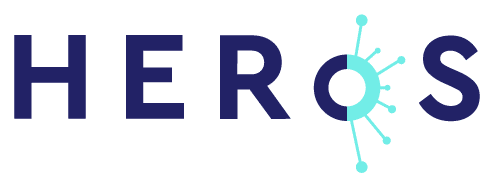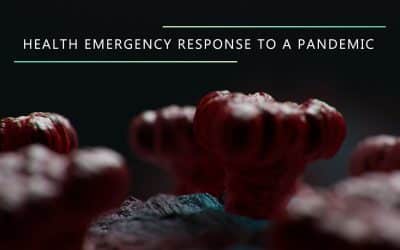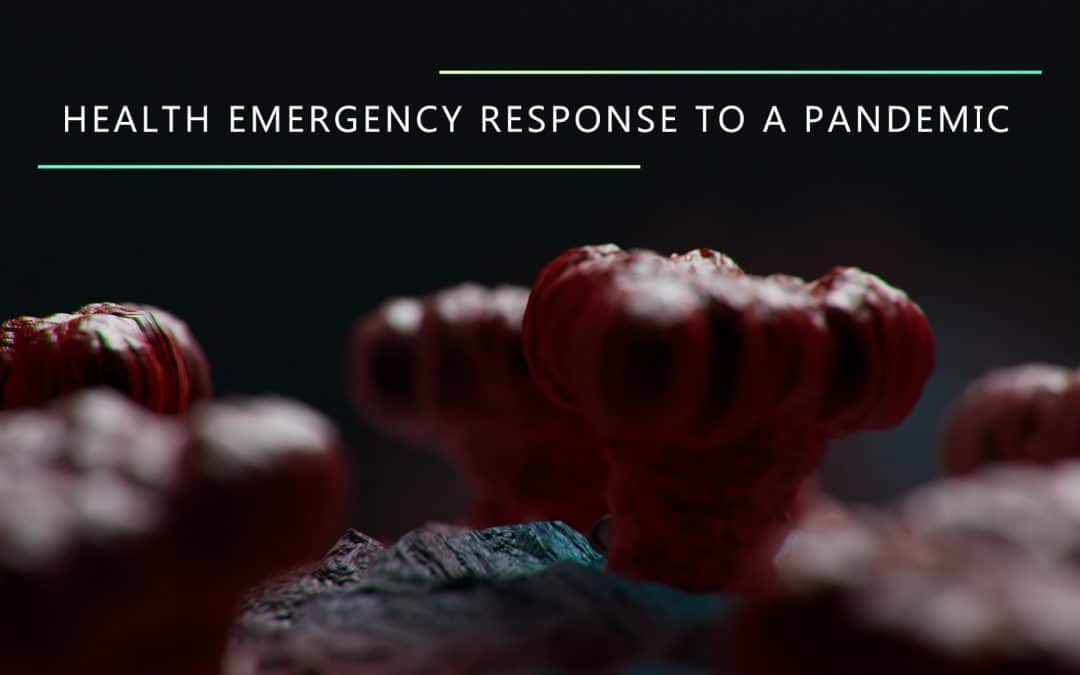Project overview
HERoS is a Horizon 2020 project funded under the ‘SC1-PHE-CORONAVIRUS-2020 – Advancing knowledge for the clinical and public health response to the 2019-nCoV epidemic’ call. As a social sciences research project, HERoS addresses the need to understand the social dynamics of the outbreak and the related public health response. The work will be conducted between April 2020 and 2023.
The overall objective of HERoS is to improve the effectiveness and efficiency of the response to the Covid-19 outbreak by generating actionable knowledge four areas: governance, models in epidemics, medical supply chains, online misinformation.
Governance
HERoS seeks to understand and model different co-ordination structures and governance arrangements. The objective is to identify bottlenecks; develop procedures for efficient information sharing across countries and hierarchical levels; and to propose policies for improved crisis governance, focusing on responders to public health emergencies.
Epidemiological and behavioural modelling
HERoS models the impact of local policies and human behaviour on the spread of the disease. The aim is to guide public decisionmaking in conditions of deep uncertainty.
Medical supply chain management
HERoS evaluates the impact of cascading effects across global supply chains and provides recommendations to improve management of medical supply chains.
Online misinformation
HERoS studies the co-spead of online misinformation and fact-checks with the aim of developing a new method to retrieve actionable information from social media in order to detect rumours and misinformation early.
MOOC - Health Emergency Response During a Pandemic
Learners worldwide can take the MOOC Health Emergency Response to a Pandemic via the FutureLearn platform. The course distils findings of the HERoS project.
The MOOC is composed of four modules. In the first module, participants will be introduced to the assessment of pandemic scenarios and decision-making under conditions of deep uncertainty. The second module will be dedicated to identifying governance issues and the evaluation of various pandemic responses. In the third module, gaps in medical supply chains, as well as possible solutions, will be discussed. The final module will tackle online misinformation in the context of a public health emergency.
The MOOC was launched on the FutureLearn platform in February 2023. This is an ‘always on’ course, meaning that users can take the course independently at any time.
Impact
This project will innovate social science research in epidemic outbreaks and combines methodological and process innovation which connects multiscale epidemics modelling, policy-making, governance, information sciences and supply chain management. Through integration with the humanitarian planning and decision-making processes, HERoS contribute to more efficient and effective policies and governance structures. HERoS makes use of collective intelligence approaches to support self-organisation of decision-makers at different levels to improve the epidemics response locally on the ground in real-time while contributing to more efficient information management, netcentric governance and logistics.
The HERoS Consortium
The consortium brings together the resources of 11 participating organisations from six European countries – Finland, the Netherlands, the United Kingdom, Poland, France, Italy – and the United States, each excelling in their respective field and with significant research experience. Expertise areas include: humanitarian logistics and supply chain management (Hanken), epidemiological modelling and policy design (TU Delft), crisis governance (Vrije Universiteit Amsterdam), machine learning and information sciences (Open University), public health services (Nordic Healthcare), space research and geoinformation (Crisis Information Centre), UAV development (SQUADRON), health emergency responders (Polish Center for International Aid, Italian Red Cross, Project HOPE) and project management (ARTTIC).
The HERoS project will launch a MOOC in February
Learners worldwide will soon have access to the MOOC Health Emergency Response to a Pandemic via the FutureLearn platform. The course distils findings of the HERoS project. The MOOC is composed of four modules. In the first module, participants will be introduced to...
Premiere of the ethnographic film ‘We thought it would be fun’
The ethnographic film We thought it would be fun made by two researchers at Vrije Universiteit Amsterdam, Lianne Cremers and Cato Janssen, will be premiered on 25 October at the Spinoza Lyceum in Amsterdam. Based on extensive visual ethnographic research conducted...
[New publication] Mitigating personal protective equipment (PPE) supply chain disruptions in pandemics – a system dynamics approach
A new HERoS publication in the International Journal of Operations & Production Management analyses the different types of disruptions affecting the PPE supply chain during the pandemic and outlines mitigation strategies fit to the global scale and the many...
 This project has received funding from the European Union’s Horizon 2020 research and innovation programme under grant agreement No 101003606.
This project has received funding from the European Union’s Horizon 2020 research and innovation programme under grant agreement No 101003606.




![[New publication] Mitigating personal protective equipment (PPE) supply chain disruptions in pandemics – a system dynamics approach](https://www.heros-project.eu/wp-content/uploads/2-400x250.jpg)

